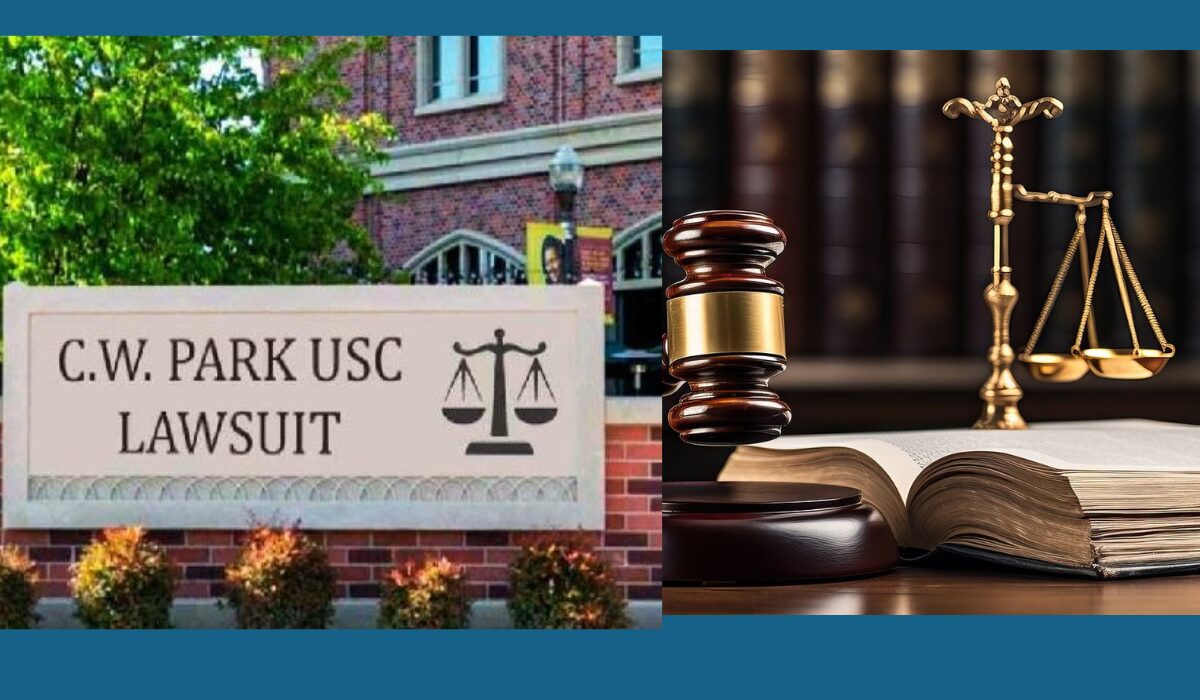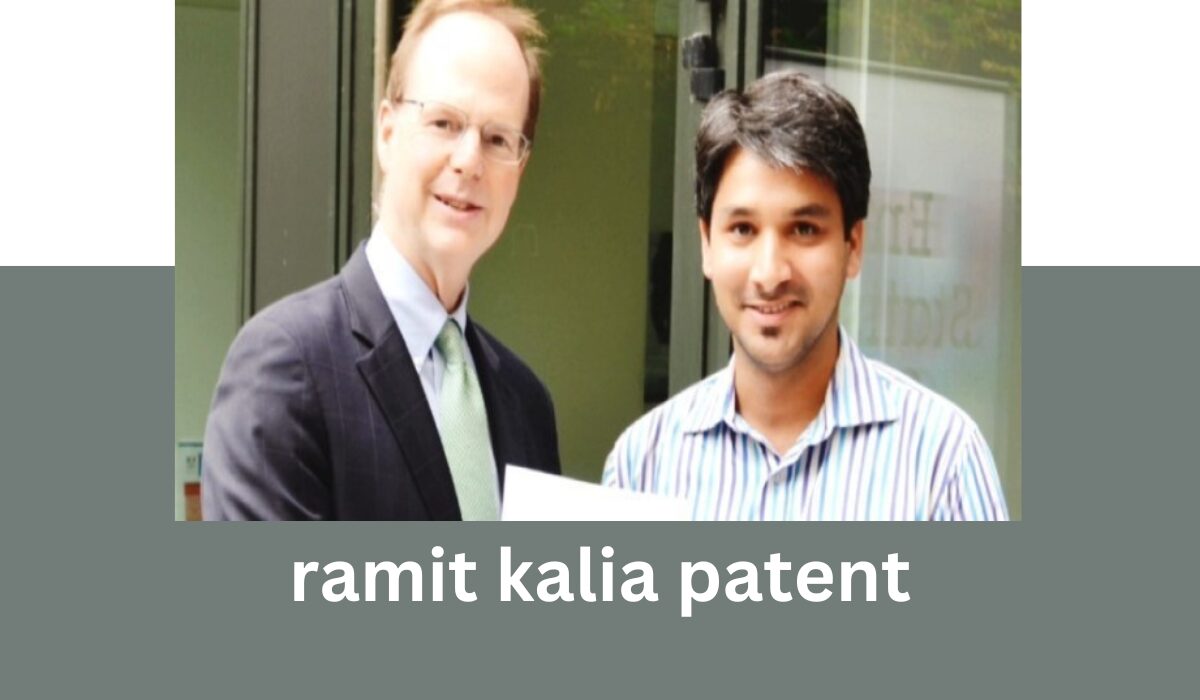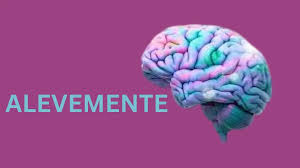The C.
W. Park vs. USC case has stirred up quite a storm in the legal community and beyond. As it unfolds, many are left wondering how this high-profile lawsuit will impact not only those directly involved but also the broader landscape of university policies and student rights. This case highlights critical issues surrounding accountability and fairness within educational institutions. With all eyes on the courtroom drama, let’s take a closer look at what led to this momentous clash between an individual and one of America’s most prestigious universities. The details may surprise you as we delve into the intricacies of this compelling legal battle.
Background on the C.
W. Park vs. USC Case
The C.
W. Park vs. USC case emerged from a series of events that raised serious questions about university governance and student rights. At its core, the lawsuit centers around allegations made by C.
W. Park against the University of Southern California regarding discrimination.
Park, a former student, claimed that he faced unfair treatment during his time at USC due to systemic biases within the institution’s policies. This situation ignited discussions on how universities handle complaints related to racism and inequality.
As public scrutiny grew, more voices joined the conversation—students, faculty members, and alumni weighed in on their experiences with similar issues at USC or other institutions across the country. The case quickly evolved into a pivotal moment for educational reform advocates who seek greater transparency and accountability in higher education settings.
Key Players Involved in the Legal Proceedings
The C.
W. Park vs. USC lawsuit features a mix of individuals and organizations that play crucial roles in the unfolding drama.
At the center is C.
W. Park, whose claims against USC have ignited significant discussion about institutional accountability. His perspective sheds light on broader issues within academic environments.
USC’s legal team stands as a formidable opponent in this case, consisting of experienced attorneys skilled in navigating complex litigation landscapes. Their strategy will undoubtedly influence public perception and legal outcomes.
Additionally, university administrators are deeply involved, caught between defending their institution and addressing the concerns raised by Park’s allegations.
Witnesses from both sides may also provide testimonies that could sway opinions along with expert analysis reflecting industry standards during trial proceedings.
Together, these players create a dynamic atmosphere where varying interests clash amid critical legal debates surrounding ethics and responsibility in higher education settings.
Timeline of Events Leading up to the Case
The timeline of the C.
W. Park vs. USC case is a complex narrative filled with pivotal moments. It began when allegations surfaced against USC regarding unfair practices related to student admissions.
In 2019, C.
W. Park first asserted his claims, highlighting issues he believed violated ethical standards within the university’s operations. His grievances quickly garnered attention from both media and legal experts.
By early 2020, discussions escalated into formal proceedings as Park sought justice through litigation. The complaint outlined specific instances that raised concerns about transparency at USC.
As months progressed, multiple hearings took place where key testimonies shaped the direction of the case. Legal representatives from both sides strategized intensely while public interest continued to grow.
In late 2021, crucial developments occurred when documents were unsealed revealing internal communications that further fueled controversy surrounding the administration’s practices at USC. This added another layer of complexity to an already intricate situation.
The Controversial Decision and Its Impact
The decision in the C.
W. Park vs. USC lawsuit sent shockwaves through academic and legal communities alike. Many viewed it as a pivotal moment for institutional accountability.
Critics argued that the ruling favored powerful entities over individual rights, raising concerns about fairness within educational institutions. This perception sparked heated debates among students, faculty, and alumni.
Conversely, supporters claimed the judgment emphasized due process while protecting university resources from frivolous claims. They believed it set a precedent for future cases involving similar circumstances.
This split in opinion highlighted broader issues around justice and representation within academia. The tensions surrounding this case have led to increased scrutiny of university policies nationwide.
As discussions continue, many are left wondering how this will shape future legal battles between individuals and established organizations like USC. Unquestionably, its effects resonate well beyond the courtroom walls.
Analysis of Arguments from Both Sides
The C.
W. Park vs. USC lawsuit has revealed contrasting perspectives that fuel the debate.
On one side, C.
W. Park’s legal team argues for accountability and transparency within educational institutions. They emphasize the importance of maintaining ethical standards in academia and believe that actions taken by USC should not go unexamined.
Conversely, USC’s representation defends the university’s decisions as compliant with existing policies and regulations. They argue that their approach was necessary to uphold institutional integrity while protecting both faculty and students involved.
Each argument paints a picture of conflicting priorities—one rooted in justice for perceived wrongs, the other focused on safeguarding established norms within higher education systems.
As discussions unfold, it becomes clear that underlying values shape each party’s stance significantly, highlighting broader issues inherent in academic governance today.
Repercussions and Future Implications
The repercussions of the C.
W. Park vs. USC lawsuit extend far beyond just the courtroom. This case has ignited discussions about accountability in academia, as well as institutional transparency.
Higher education institutions may reassess their policies to avoid similar disputes in the future. They might implement stricter guidelines and better communication channels for handling grievances.
Additionally, students are now more aware of their rights within academic settings. This awareness could lead to increased activism and demands for change on campuses across the nation.
Legal precedents established here can influence how future cases are approached, particularly those involving educational malpractice or administrative negligence.
As this scenario unfolds, universities will likely face heightened scrutiny from both stakeholders and lawmakers alike. The implications could reshape the relationship between students and educational institutions significantly moving forward.
Lessons Learned and Possible Changes to Prevent Similar Cases
The C.
W. Park vs. USC lawsuit highlights the need for clearer guidelines in academic institutions. Universities must prioritize transparency in their decision-making processes.
Better communication between administration and students could prevent misunderstandings. If both sides have a clearer view of policies, fewer disputes may arise.
Additionally, implementing training programs on conflict resolution is essential. This proactive approach can equip individuals with tools to handle disagreements before they escalate into lawsuits.
Establishing an independent review board could provide unbiased assessments of grievances. Such measures would foster trust within the campus community and potentially reduce litigation risks in the future.
You May also Like:Why Soccer Players Should Add FutbolLibre to Training
Conclusion
The C.
W. Park vs. USC case has thrown a spotlight on critical issues within the academic and legal landscapes. It raises questions about institutional accountability, student rights, and fairness in legal proceedings.
As we’ve explored, various players shaped this narrative—from students to university officials and legal teams. The timeline paints a vivid picture of escalating tensions leading up to the courtroom drama that captivated many.
The controversial decision had immediate repercussions for both sides. Each argument presented revealed deep-seated beliefs about justice and integrity in education. Advocates from both camps remain passionate even now.
Future implications could be significant as universities reassess their policies to prevent similar lawsuits. This case underscores the necessity for transparent practices that protect all parties involved while fostering an environment of trust.
Lessons learned from these proceedings may shape new guidelines or reforms aimed at improving relations between institutions and students alike, ensuring that such disputes are handled more effectively going forward.
The landscape following this lawsuit remains dynamic as stakeholders continue to process its impact on higher education across the country. There’s a clear call for change—one that resonates deeply with anyone who values fairness in academia today.










